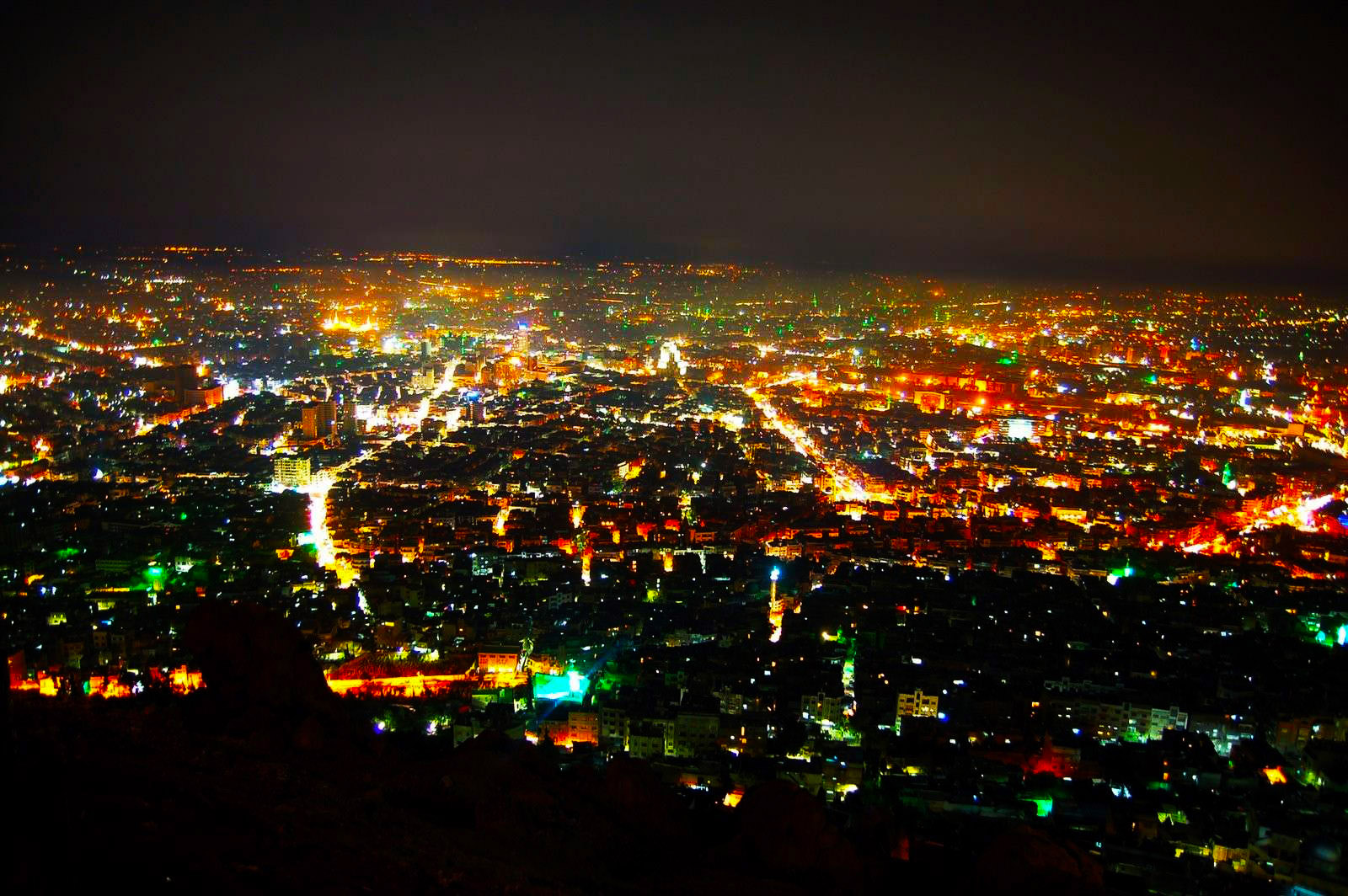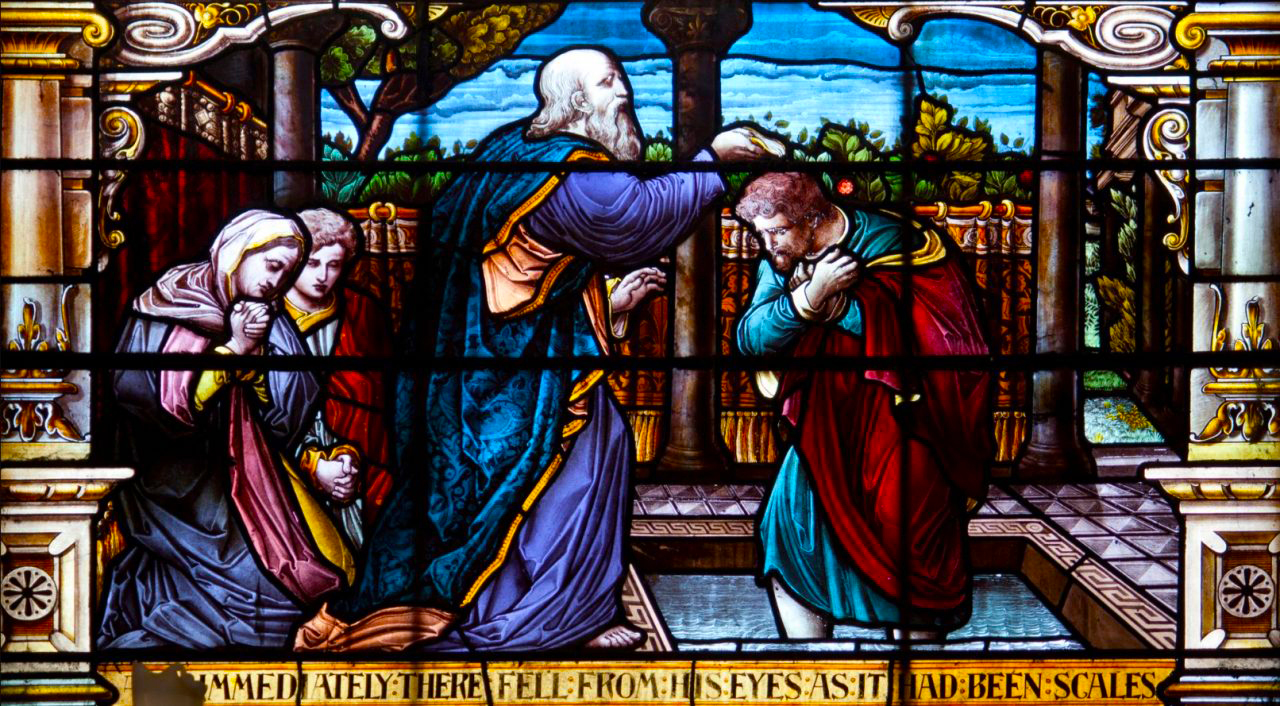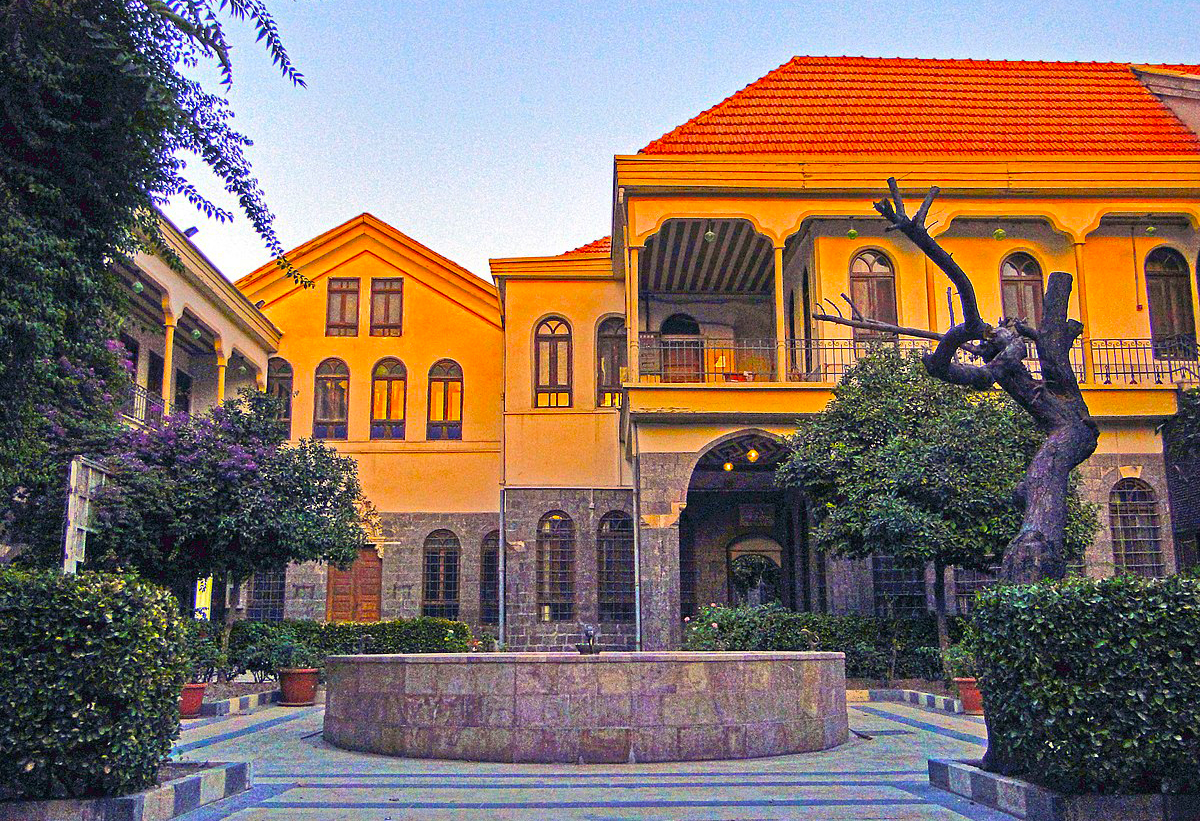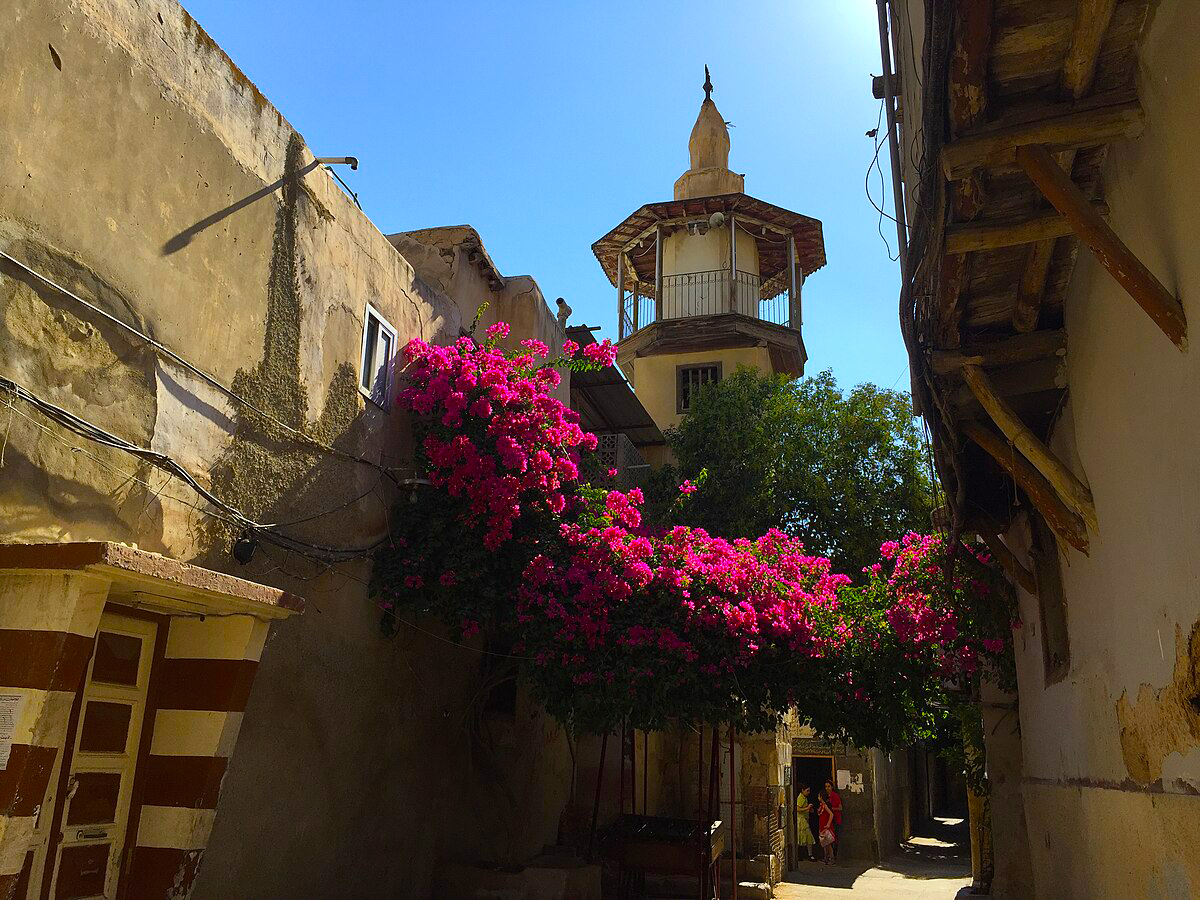| Name | Old Damascus (Arabic: دمشق القديمة) |
|---|---|
| Location | Central Damascus, Syria |
| Historical Importance | One of the world’s oldest continuously inhabited cities |
| Main Districts | Bab Touma, Sarouja, Kanawat, Qaymariyyeh, Bab al-Sreijeh |
| Key Streets | Straight Street (Via Recta), Medhat Pasha Street |
| Architecture | Roman, Byzantine, Islamic, Ottoman influences |
| UNESCO Status | World Heritage Site (since 1979) |
| Entrance Fee | Free access; some sites within charge a fee |
| Visiting Hours | Open all day; best visited in daylight |
| Dress Code | Modest clothing recommended |
| Transportation | Accessible by foot, taxi, or public transport |
| Best Time to Visit | Morning to late afternoon for full experience |
| Guided Tours | Highly recommended for historical context |
Wander through the living museum that is Old Damascus, where history, culture, and faith intertwine in every stone alley and courtyard. As one of the oldest continuously inhabited cities in the world, Damascus reveals its legacy through its rich mix of Roman ruins, medieval Islamic buildings, ancient churches, and traditional souks. From the lively quarters of Bab Touma and Qaymariyyeh to the peaceful courtyards of Sarouja and the energetic commerce of Straight Street, each district holds a story. It’s a sensory journey—filled with scents of spices, echoes of history, and unmatched Syrian hospitality.
Why Visit
Old Damascus offers a deep dive into thousands of years of civilization. Whether you’re exploring ancient Roman streets, visiting grand mosques and historic churches, or shopping for handmade crafts in traditional souks, the area brings history to life. It’s a place where cultures meet—Christian, Muslim, and Jewish heritage coexist within walking distance. Local cafés, hidden gardens, and centuries-old hammams add to the charm. For history lovers, photographers, foodies, and spiritual travelers, Old Damascus is simply unforgettable.
How to Reach
Old Damascus is centrally located and well-connected by taxis, public buses, and rideshare services. Entrances through Bab Touma, Bab al-Sreijeh, and Bab Sharqi make navigation easier. Most of the area is pedestrian-friendly, so plan to explore on foot. Parking is limited near the gates, so taxis are more convenient.
What to Know Before You Go
Wear comfortable walking shoes and modest clothing. Some religious sites may require headscarves for women. Most shops and sites are open in the morning and close around sunset. Fridays are quieter due to prayers. Bring cash, as many shops don’t accept cards. Don’t hesitate to ask locals for directions—people are welcoming and proud of their heritage.
Nearby Attractions
Umayyad Mosque
Azem Palace
Straight Street (Via Recta)
Chapel of Saint Ananias
National Museum of Damascus
Khan As’ad Pasha
Maktab Anbar
Mount Qasioun (short drive)
Various historic hammams, cafés, and souks throughout the old city



